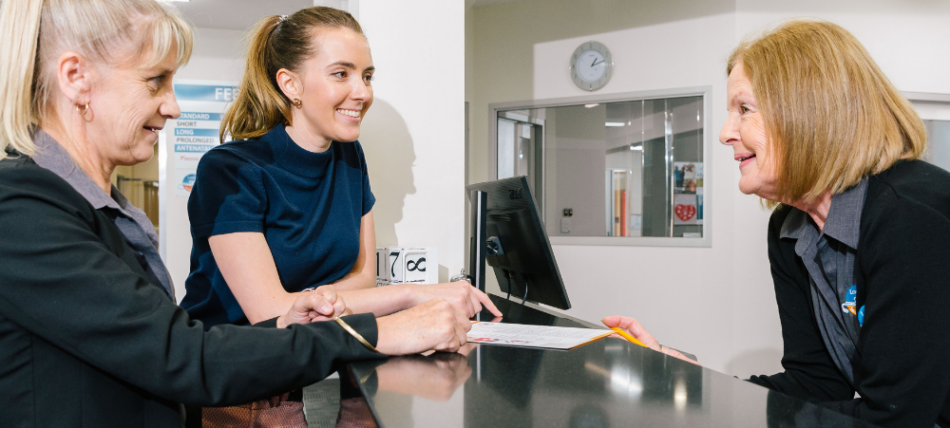Cost of Teaching Research – The Results are In!

The results have been released from GPEx’s recent research exploring the cost of teaching in general practice. This research was supported by the Royal Australian College of General Practitioners (RACGP) with funding from the Australian Government, and led by South Australia’s Regional Training Organisation, GPEx, in collaboration with the University of Adelaide and General Practice Supervisors Australia (GPSA).
We know teaching practices and supervisors are critical in GP training. However, recent surveys indicate that 83% of supervisors are not satisfied with current financial support, and those planning to retire cited frustration with administrative arrangements and poor financial return. Previous studies into the cost of teaching were dated, and GP training has changed considerably.
This project identified, described and quantified the actual costs, revenue and revenue foregone associated with supporting a GP registrar placement.
The research included interviews (n=18) and a survey (n=380) with supervisors and practice managers, and a cost-revenue analysis.
Results indicated that, on average, practices experience a net financial loss from supporting registrar placements, reducing over training terms. Rural practices show higher net financial losses.
The results also showed:
- There was significant variation in the time invested in training and other costs across practices. This was explained by differences in registrars, practice models and training contexts.
- Cost modelling shows that, despite the current subsidies, on average, practices experience a net financial loss by supporting registrar placements. This ranged from a net financial loss of $52,760 for a practice hosting a full-time GPT/CCT1 registrar placement, to a loss of $23,900 for a practice hosting a full-time GPT/CCT4 registrar placement. Rural practices showed higher net financial losses.
- While participants identified a number of non-financial motivators to teach registrars, they also flagged questions around the sustainability of teaching. This was particularly apparent for those practices that did not retain registrars after training.
- There were also opportunities identified for improving practice sustainability and minimising cost, such as ensuring a placement process is used that prioritises the practice/registrar fit and continuity of quality registrar placements.
Research suggests the future model for delivery of AGPT training should seek opportunities to improve financial support to teaching practices and prioritise system improvements which minimise the risk of exacerbating costs to the practice (eg. continuity of quality, tailored, registrar placements).
It should be noted that this cost model did include an ‘opportunity cost’ for the practice, which estimated income foregone by hosting a registrar rather than a GP. It is acknowledged that this may not always be a real cost because there are likely examples where a practice is unable to fill the consulting room used by the registrar with another vocationally registered GP. It should also be noted that the time estimates for teaching and supervision included in this project were based on self-report data and the current models of AGPT training delivered. The final cost model does not account for the variation observed across practices, and it is important to note that costs vary depending on the registrar, the practice and training context. Understanding the actual cost to any practice would need to be calculated on an individual practice and placement basis.
Future research should consider the financial impact of part-time registrar placements, separate the cost to the practice and supervisor, and further explore the impact and financial benefit of retaining registrars after Fellowship.
More information about the research, including the Executive Summary and Research Report can be found here.
GPEx would like to thank all of those who contributed their time to participating in this project, and acknowledge the wonderful teaching practices who contribute to the delivery of general practice training every day.